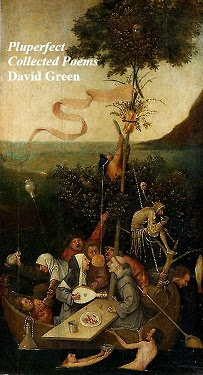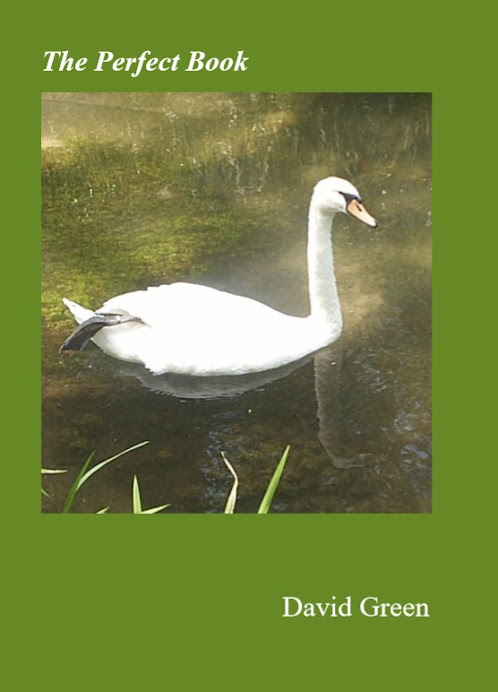Filing away the Brahms Piano Works box-set might not sound like a big job but there can be collateral fallout. That shelf was full, you see, so it was again time for them to all budge up a bit and some at the end of shelves have to move up or maybe down.
Thus far no composer has had to be split across two shelves. The order is more or less chronological beginning at the bottom left and progressing to the top right. The likes of Bach, Handel, Mozart and Beethoven and to a lesser extent Buxtehude, Schubert, Shostakovich, could have all their discs together on the same shelf but adding in the Brahms and a few others that hadn't made it back there meant that such decorum was no longer sustainable. Mozart Opera has had to be unjoined from the rest of Mozart.
A database full of downloads or a treaming service that claims to have 'everything' could not compare with this edifice of hard copy items. A good game is to be had by lying on the settee opposite, picking out a disc and trying to guess what it is. Now that they've moved again, the game just got harder.
--
The Duncan Hamilton Harold Larwood book was a cut above many sports books for being better written and it's story is an involving one with Larwood very much his own man, as well as being his captain's man, as well as for the most part the most aggrieved party, at least from the point of view of a Notts man who admires genuine fast bowling. What was to follow in future England Test matches against Lillee and Thomson and Michael Holding and the various batteries of West Indians was very much the same thing except for being a belated backlash from those outposts of the Empire. It might have been, and might in some ways still be, a class-ridden game but it was never one for faint hearts. See also, long distance cycling and, against certain opposition, football. Rugby Union is not much more than a brawl to begin so can't really be included in the same list.
Next up might be the Basil D'Oliveira book, so long put off, but another from my All Time XI. They were two players you might not think had much in common but one thing was that the opposition tried to influence the selection of the England team by having them out and, in order to save a test series, the MCC were not averse to becoming complicit in such dealings. So, while we are involved in issues of 'sportsmanship', it is worth considering whether the powers that be thought that sport was important enough to put it ahead of box office takings or not.
--
The sports pages are not likely to be reporting much about the winner of the Candidates Tournament and thus the challenger later this year for Ding Liren's World Chess Champion title. Dommaraju Gukesh (born 29 May 2006) is, thus, 17, and so surely hasn't had time to learn all the databases of opening theory off by heart. There must still be something intuitive, inventive and imaginative to chess despite the fact that there are tens of thousands of games being played on Lichess at any given time.
I worry that, like noughts and crosses, the game must have a limit that will one day be reached, that anybody who cares to will know the best move and presumably black can negate whatever white does and it's always a draw. Or not, in which case white can win.
That doesn't seem to be happening any time soon, though.
By the same token, there are only so many words and thus a vast number of ways they can be put together but if the number of words is finite then the number of possible combinations would be, too. Unimaginably enormous, but finite.
That they need to make sense doesn't matter because 'sense', or artistic effect, lies in the eyes of the beholder or at least the author, as a few generations of avant-gardistes have deomonstrated. But poetry isn't over yet, either. Some of us might have lost track of it or lost interested in tracking it but, like pop music, it is still going on its merry way and there are plenty intent on following it.
But, as I've found with the winter games - the jump racing and, for what it's worth, the football- it goes on too long. I want to know the answer, as in a novel, and how it ends. You don't get that with sport, Coronation Street or anything else that 'keeps on giving', though, because they are designed to keep on taking away. Some things look as if they should be finite but remain inexhaustible whereas with others one is exhausted with them long before they are.
























